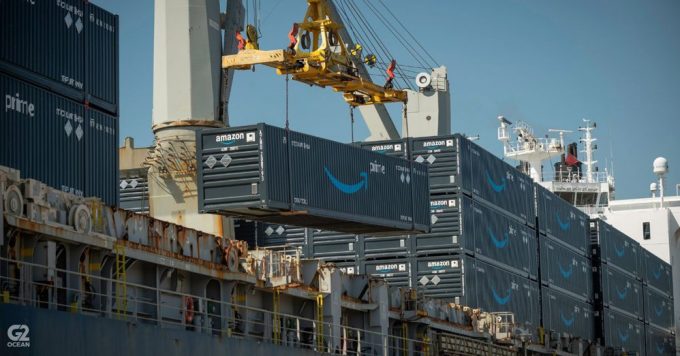Zim faces FMC probe into $137,000 detention fees after container 'error'
Israeli carrier Zim faces being hauled up in front of the Federal Maritime Commission (FMC) ...

Complaints from forwarders about the actions of ocean carriers on pricing and demurrage and detention (D&D) charges, were the final agenda item for Chinese, African, European and US regulator panellists at FIATA’s final HQ meeting session on Friday.
Earlier, the regulators agreed they had found no evidence of rate collusion by carriers during the supply chain crisis, but that demand spikes caused elevated pricing levels.
But it appears the jury is still out among regulators over allegations of dominance by the shipping ...
Volcanic disruption at Anchorage could hit transpacific airfreight operations
Shippers snap up airfreight capacity to US ahead of tariff deadline
New price hikes may slow ocean spot rate slide – but for how long?
Tighter EU import requirements proving 'a challenge' for forwarders
Supply chain delays expected after earthquake hits Myanmar
Forwarders stay cool as US 'liberation day' tariffs threaten 'global trade war'
Looming Trump tariffs will create 'a bureaucratic monster' for Customs

Comment on this article